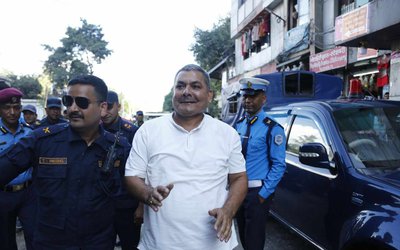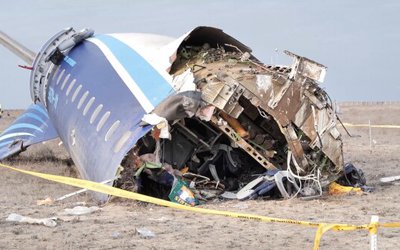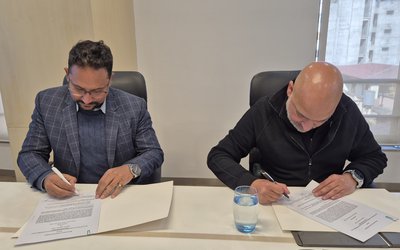Did you know that you could be perceived as a security risk if you have severe diarrhoea and you are trying to enter the USA? Returning from Kathmandu many tourists go home with a“valley” belly, a gentle ( and sometimes not so gentle) reminder to the tourist of the hygienic state of Kathmandu. People say that when tourists return home from Nepal, their family and friends ask them two standard, predictable questions, the answers to both of which are “yes” : Did you have a good time? Did you get sick? And sick generally means diarrhoea. But imagine your state of mind if the US government thinks you are terrorist because of severe diarrhea. (The state of your bowel takes a back seat at this juncture!) What follows is a true story.
Two days had passed since the attempted bombing of Northwest Airlines Flight 253 at Detroit airport, USA on Christmas Day 2009.The airline authorities were understandably tense. Unfortunately for the Nigerian man who flew into the same airport at that time with bouts of frequent diarrhoea, this tense airport situation did not bode well. When his plane taxied down Detroit airport, because he had spent so much time in the toilet during the flight, the plane was not allowed to the gate and panic ensued amongst the travellers. You can almost picture the American marines being alerted to storm in to tackle this potentially serious situation. However after detailed questioning and examination, it was determined that the gentleman from Nigeria was suffering from a genuine case of severe gastroenteritis. Everyone felt, well, relieved!
Obviously in these days of aeroplane terrorism, even simple acts like going to the bathroom become potentially highly suspect, especially if you have to run to the toilet many times in the plane or that your diarrhea is so severe as in this case of the Nigerian man that you cannot rise from the toilet seat. It is hard to blame anyone as you certainly want the planes to fly safely without dangerous individuals running around with their own agenda in the aeroplane.
What can be done for people to avoid having to frequently go to the bathroom in a plane? In a Nepali bus, the matter may be more serious as there are no bathrooms and the driver may not co operate with you to stop frequently. Following all the standard rules ( drinking boiled water, washing your hands with soap and water etc) of proper hygiene is of course important. But for travellers in a plane and bus in order to deal with the practical problem, there is a simple drug called loperamide ( Imodium) which works rapidly by slowing the transit time in the gut. 2 tablets of imodium for adults to start with is very effective and may help avoid security concerns as in the story of the Nigerian man . But above all, it is important to see a health care practitioner after deplaning.
- SWISS SUPPORT: Construction Of A Trekking Trail In Koshi
- Dec 19, 2024
- PM OLI'S VISIT TO CHINA: BRI Agreement
- Dec 16, 2024
- RASUWAGADHI AND SANJEN: Begin Generation
- Dec 03, 2024
- NEPAL, INDIA ELECTRICITY TRADE Nepal's Advantage
- Dec 02, 2024
- PM Oli'S VISIT TO CHINA: Nepal's Dilemma
- Dec 01, 2024
















